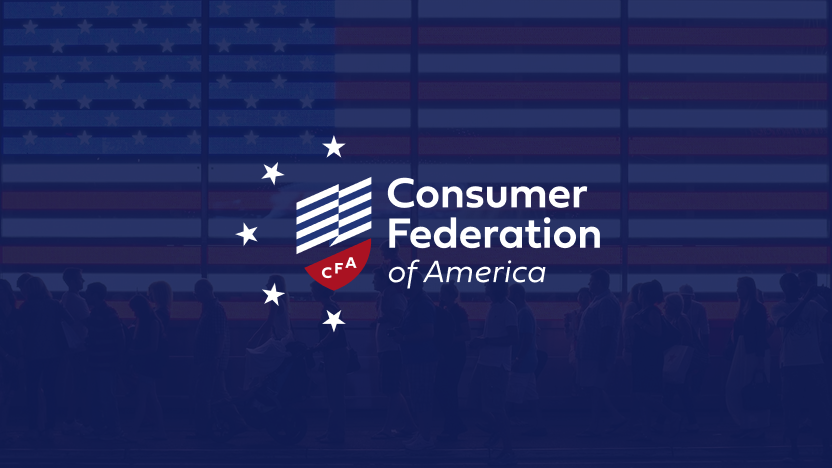The legislative proposals that the auto industry is promoting in Congress regarding Corporate Average Fuel Economy (CAFE) standards have six serious problems:
- The fuel efficiency targets are too low by 30 percent.
- The period of time that manufacturers are allowed to meet these targets is too long by 35 percent.
- The Flexible Fuel loophole is not closed, but extended.
- The National Highway Traffic Safety Administration (NHTSA) is still in charge of determining what will be the efficiency targets.
- States are preempted from pursuing higher standards.
- The authority of the Environmental Protection Agency to reduce greenhouse gas emission under the Clean Air Act is overturned.
CFA’s analysis also shows that if NHTSA is allowed to determine the fuel economy standards, we will go nowhere, as we have for the past decade. NHTSA has consistently used fuel prices that do not reflect what consumers really pay, social costs that are irresponsibly low, and other assumptions that serve the auto industry interests, but make no sense from the consumer or national point-of-view.
Public opinion polling shows that consumers overwhelmingly support increased CAFE standards. This is because the pain at the pump has become severe – with a $1,000 increase in household expenditures on gasoline in the past five years – and because they are concerned about oil dependence and oil imports, as well as global warming. Americans believe Congress can and should do something about these problems. Interestingly, our research shows that people in rural America are more severely impacted by rising gasoline prices than in other regions, and that respondents in the Midwest (auto manufacturing country) are stronger supporters of increases in CAFE than the national average.
Our analysis shows that the public is right. A guaranteed standard of 35 miles per gallon in ten years is what the Senate should be aiming for. Legislation reported by the Senate Commerce Committee (S. 357) suffers from some, but not all of the problems of the auto industry proposals. Legislation sponsored by Representatives Markey and Platts in the House (H.R. 1506) has none of these flaws. It will be important for consumers and the nation to plug some loopholes in the Senate bill and keep them out of the House bill.


